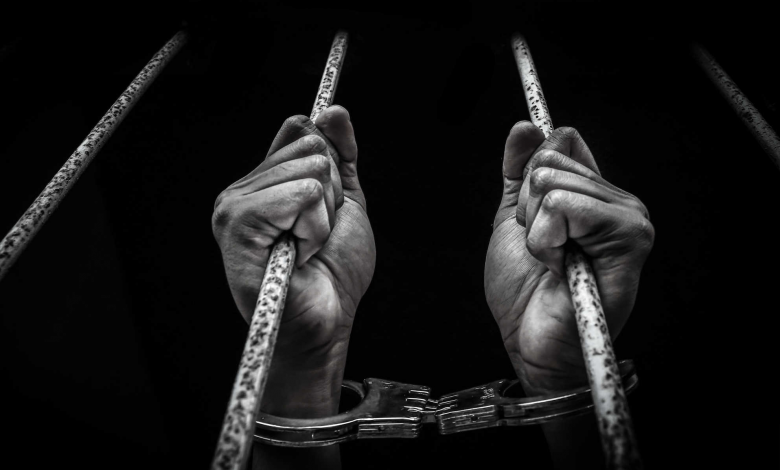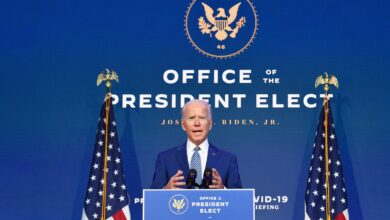Let Them Fly: A new campaign highlights Saudi’s punitive travel restrictions against activists and their families

According to Amnesty International, Saudi Arabian authorities are using arbitrary travel restrictions to punish and control activists, authors, and journalists by imprisoning them inside the country or banning their families from travelling abroad.
The #LetThemFly campaign recounts the instances of 30 Saudi Arabian human rights campaigners who were condemned to prison after unfair trials, with travel bans imposed as soon as their terms are completed. It also details 39 incidents of activists’ relatives being placed under travel bans despite receiving no formal order or other information, thereby splitting families.
“The Saudi Arabian authorities’ arbitrary use of travel bans against activists and human rights defenders reflects a bleak reality in the country, where dissenting voices continue to be ruthlessly silenced while leaders speak of progressive reform,” said Lynn Maalouf, Amnesty International’s Deputy Director for the Middle East and North Africa.
“The activists who dared express any form of criticism or opinion not to the liking of the country’s leadership have become victims of unlawful and punitive travel bans that effectively curtail their freedom of movement, impacting major decisions in their lives. The Saudi Arabian authorities must lift all arbitrary travel bans, stop this vindictive practice and start respecting the rights to freedom of expression and movement.”
Amnesty International met with eight Saudi activists who have either been subjected to arbitrary travel restrictions or had family members who have been barred from travelling within Saudi Arabia. Those who live abroad have stated they have struggled emotionally since they cannot see their relatives or return home. They are afraid that they will be unjustly arrested and incarcerated if they return to Saudi Arabia.
Raif Badawi, a Saudi Arabian blogger and activist, was released on March 11, 2022, after serving a 10-year jail term. This sentencing came after a sham trial based primarily on claims that he established an internet debating group, for which he was accused of insulting Islam. Raif Badawi was also sentenced to 1,000 lashes, the first 50 of which were administered on January 9, 2015, in a public plaza in Jeddah, in breach of the prohibition on torture and other ill-treatment. He will not be able to see his wife and children for another ten years unless his travel ban is lifted.
Abdulrahman al-Sadhan, a Riyadh-based humanitarian worker with the International Red Crescent, was detained on March 12, 2018, and kept incommunicado and forcefully vanished for two years for maintaining a satirical Twitter account. He was condemned to 20 years in prison and a 20-year travel restriction on April 5, 2020, for just expressing his right to freedom of expression. He is still being held in jail, with no access to medical treatment or regular communication with his family.
Abdulrahman al-Sadhan’s sister, Areej Al-Sadhan, who resides in the United States, told Amnesty International that travel bans deprive individuals of their right to a normal existence by disrupting their work and social lives. She went on to say that being away from one’s family has a significant psychological and emotional impact.
“They are tearing families apart. This is unjust, illegal and inhumane,” said Areej Al-Sadhan. “With a travel ban, Saudi Arabia becomes the prison, a place of punishment, a place that restricts people’s freedom and alienates citizens from their home country.”
Amnesty International said that Saudi Arabia had used travel restrictions to silence critical and opposing voices inside and outside the kingdom.
The authorities issued travel bans on around 300 people, including the Saudi royal family members, during the Ritz Carlton purge in November 2017.





